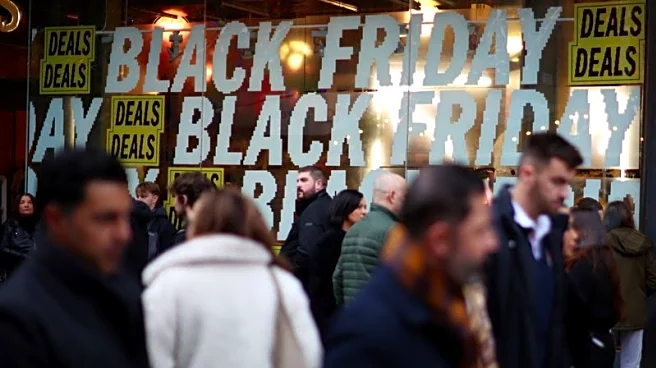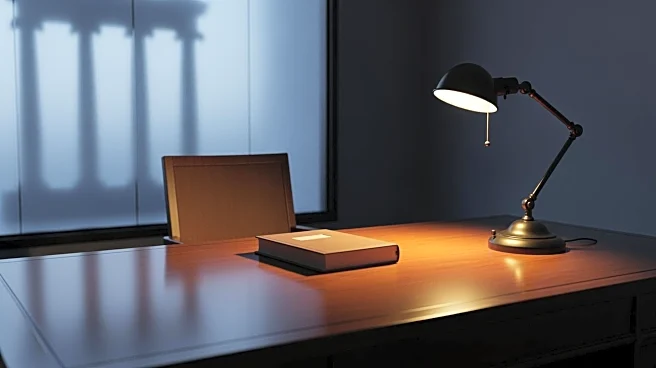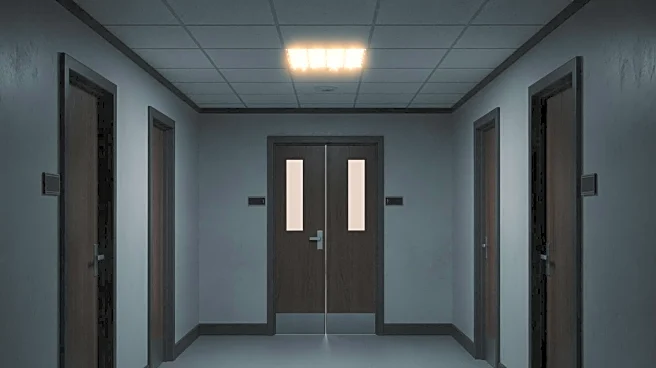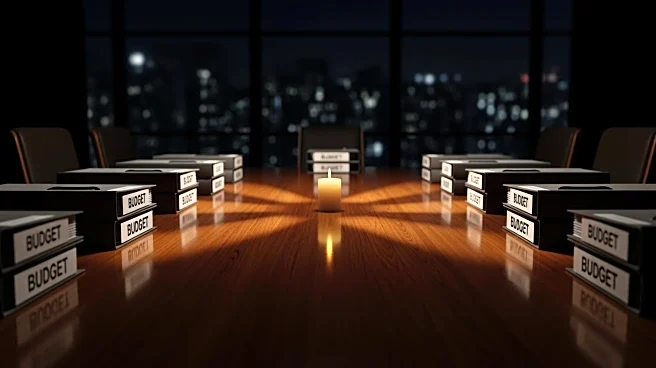MANCHESTER, England (Reuters) -Spending from British consumers cooled last month as they waited to see how Black Friday deals and the government's budget later this month, widely expected to contain tax hikes, would pan out, surveys showed on Tuesday.
Barclays said spending on its credit and debit cards fell by 0.8% in the year to October as expenditure on essentials contracted sharply. The company sees almost 40% of Britain's card transactions.
A separate survey from the British Retail Consortium
trade body showed sales at store chains rose by 1.6% in annual terms last month - the weakest growth since May.
Overall the readings chimed other signs of a fairly subdued economy ahead of finance minister Rachel Reeves' budget on November 26, although some business surveys and official retail sales data have surprised slightly to the upside of late.
"Consumers and businesses alike appear to have adopted a 'wait and see' approach ahead of the autumn budget," said Julien Lafargue, chief market strategist at Barclays Private Bank and Wealth Management.
"While this is generating some short-term headwinds, it could position the UK economy for a rebound once the uncertainty lifts, potentially setting the stage for a strong festive season."
A separate survey of 2,000 consumers published by Barclays showed one in three consumers were holding off from making major purchase decisions until the after budget.
All seven of its standard measures of consumer and economic confidence declined for the first time since August 2022, when the Bank of England hiked interest rates by the most since 1995.
"Retailers are counting on Black Friday to deliver a vital boost, but looming Budget decisions risk undermining fragile consumer confidence," said Helen Dickinson, the BRC's chief executive.
"With demand weak and business rates unresolved, retailers face hard choices on investment and recruitment."
Last week the Confederation of British Industry urged Reeves to break election pledges not to raise taxes on working people so she can build "real fiscal headroom", and to refrain from further taxing businesses.
(Reporting by Andy Bruce; Editing by Suban Abdulla)
















